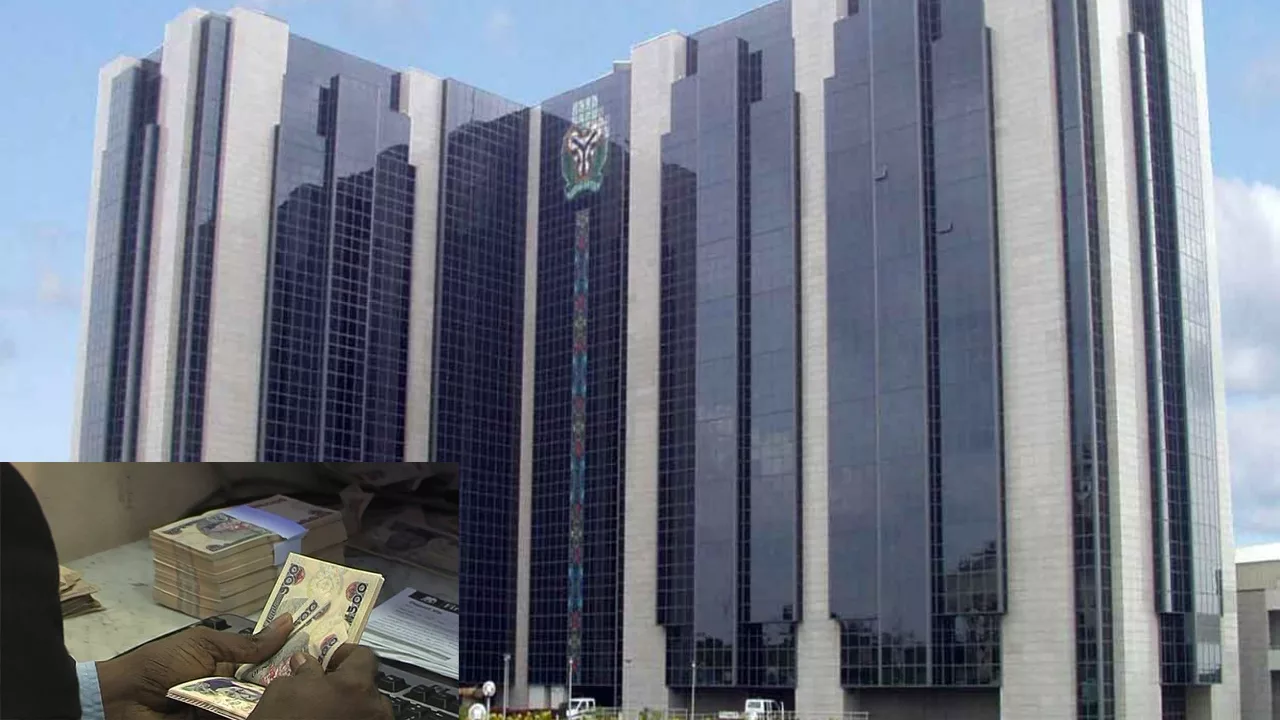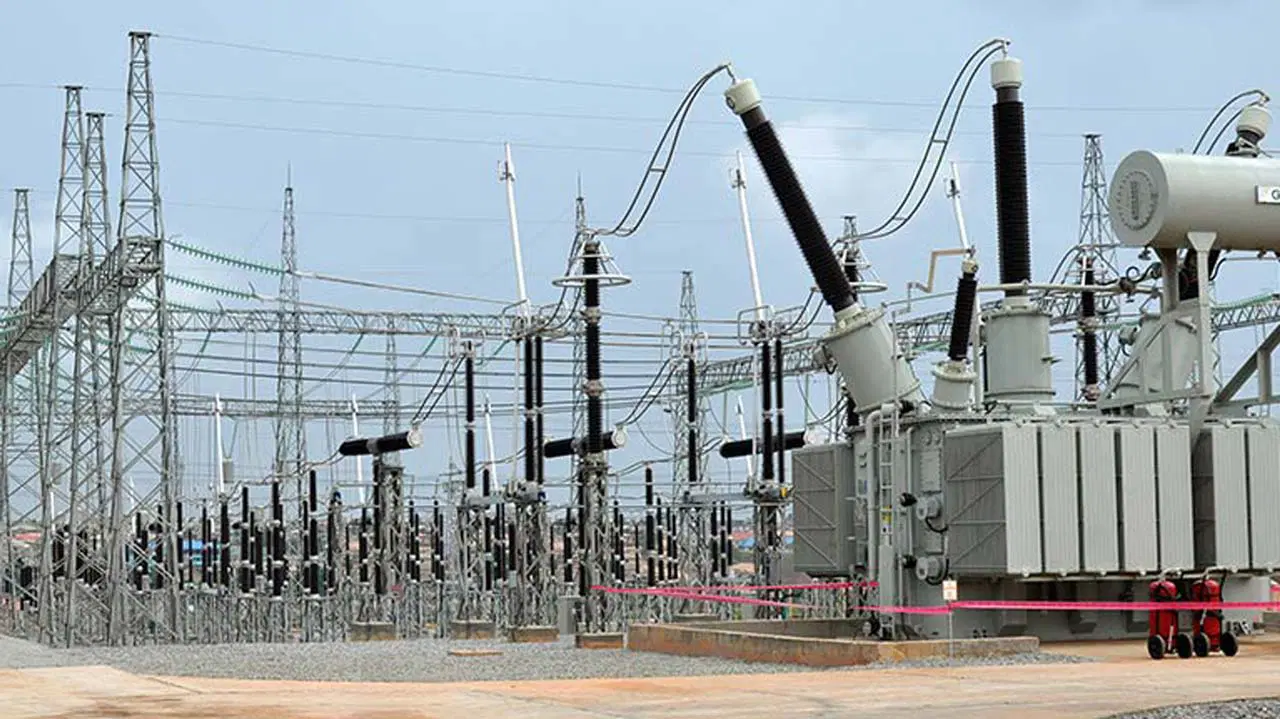OPay has reiterated its commitment to ensuring that users’ funds are safe, even as it disclosed that all funds are now insured up to N5 million under the Nigeria Deposit Insurance Corporation (NDIC).
This move not only underscores OPay’s commitment to financial security but also aligns it with the standards enjoyed by depositors of other commercial banks.
The NDIC has significantly increased the maximum pass-through deposit insurance coverage from N500,000 Naira to N5,000,000 per subscriber per Mobile Money Operator (MMO). This adjustment provides a substantial safety net for OPay users, ensuring their funds are protected to a much greater extent.
The MD/CEO of NDIC, Bello Hassan, highlighted the strategic importance of this revision, adding that “The revised coverage is a strategic balance between protecting depositors and ensuring the stability of the financial system. These changes aim to extend protection to a larger percentage of the population, enhance financial inclusion, and mitigate the potentially destabilising effects of bank runs.”
The enhanced coverage is underpinned by solid financial backing from the NDIC’s Deposit Insurance Funds (DIFs), anticipated premium collections, and robust supervision and bank resolution frameworks as outlined in the NDIC Act No. 33 of 2023.
Hassan emphasised that this comprehensive financial infrastructure is essential for maintaining depositor confidence and ensuring the stability of the financial system.
This strategic enhancement not only aims to protect depositors but also encourages market discipline among banks and MMOs. By increasing the insured amount, the NDIC seeks to prevent unnecessary risk-taking by financial institutions, thereby reducing the potential for destabilising bank runs.
OPay’s alignment with the NDIC’s revised insurance coverage standards underscores its dedication to safeguarding user funds and promoting financial stability. With this new level of insurance, OPay users can now have the same confidence in the security of their deposits as customers of other commercial banks. This move contributes significantly to a more inclusive and resilient financial ecosystem in Nigeria.

 4 months ago
34
4 months ago
34















 English (US) ·
English (US) ·